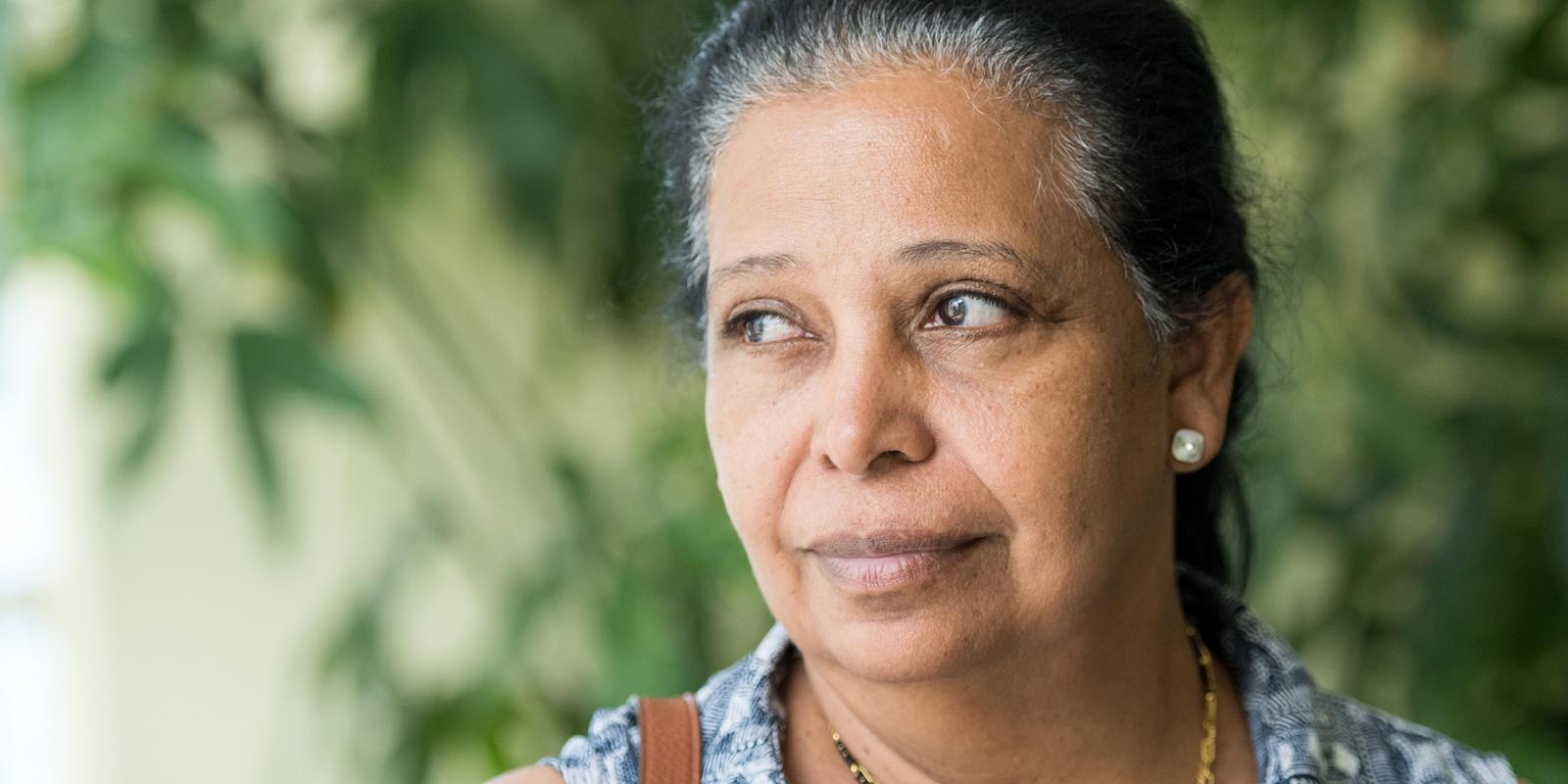Nearly 1 in 10 undocumented immigrants in the United States today are older than age 55. The absence of federal immigration reform has led to a growth of the older undocumented population—with scholars suggesting that by 2038 nearly 40% of all undocumented Latino immigrants will be ages 55 or older. The rapid growth of this population is worrisome because undocumented immigrants historically have been excluded from accessing healthcare.
Studies find that undocumented immigrants are less likely to use healthcare services, prohibited from accessing government-sponsored health insurance, and fear that accessing care will lead to encounters with immigration enforcement. Access to medical care worsened after the 2016 presidential election as undocumented immigrants hesitated to receive treatment, avoided clinical paperwork, and worried that using benefits would lead to potential deportation.
In the absence of federal initiatives to support the older undocumented population, some states, like California, have taken steps to provide older undocumented immigrants with access to state-level health insurance.
Last May, Gov. Gavin Newsom expanded and implemented Medi-Cal benefits to an estimated 286,000 undocumented Californians through the Older Adult Expansion Program. This expansion is part of the broader effort of California Assembly Bill 133 (AB 133) that was signed into law in 2021. The Older Adult Expansion Program allows Californians who are older than age 50—regardless of immigration status—to access the full scope Medi-Cal benefits, including doctor visits, hospital care, immunization and nursing home care. Access to Medi-Cal benefits—while not perfect—is one step toward remedying the medical legal violence that older undocumented immigrants endure daily.
The relief has been felt immediately among newly insured undocumented Californians. Another group that also felt relief from the Medi-Cal expansion were the adult children of older undocumented immigrants.
Testimonials Speak the Truth
Since 2016, I have studied how Latino/a young adults serve as “brokers” in their immigrant families. I completed 120 interviews with Latino/a young adults as part of a longitudinal interview-based book project examining the labor that children of immigrants provide to their families as they come of age. Two-thirds of the young adults I spoke with had undocumented parents. Every single one of them worried about how their undocumented parents accessed medical care—and how they would foot the bill.
“I’m her retirement and insurance plan,” Alex said. Alex’s mother is an undocumented immigrant and has lived in Los Angeles for almost two decades. For years, she avoided medical care because she could not take time off work and feared the exorbitant medical costs of a general visit. Alex’s undocumented father also avoided going to the doctors, until it became too painful. His father struggled with a bladder issue and even had to use a catheter at one point.
‘Access to Medi-Cal benefits—while not perfect—is one step toward remedying the medical legal violence that older undocumented immigrants endure daily.’
“I looked at every resource in Los Angeles … even churches, to see how we would pay for it,” Alex said. Alex helped his father fill out paperwork at the clinic to reduce the amount owed and the rest was put on his credit card. Slowly, Alex is paying off this bill.
Maria constantly worries about her aging undocumented parents. When we first spoke in 2019, she shared that she wanted to get good paying job in order to help out her parents out financially, including with their medical bills. I reconnected with Maria in February and asked her if she still worried about her undocumented parents’ medical care issues.
She let out a sigh of relief and told me about the expansion program. “How do you feel about it?” I asked. “Oh my god, it’s a weight off my shoulders … I feel like I even sleep better!”
In the fall of 2020, Nidia shared that her undocumented mother had accidently hit a car when switching lanes on a busy street in Pomona. The other driver sued their insurance company to cover the costs of a minor dent in the car. Nidia’s mom was scared, worried that this accident would lead to her deportation. The stress of the situation made her grind her teeth at night—to the point where of her teeth’s crowns began to chip.
In January, I reconnected with Nidia and she shared that she had helped her mom pay for a new smile last summer. They were only able to afford the top teeth—a staggering $20,000. Nidia put $15,000 of that bill on her credit card.
“I was so happy when I heard that [through the Older Adult Expansion Program] … she’ll be able to get her bottom teeth fixed now!” Then Nidia’s mother started to exhibit other health problems. Nidia felt the relief of this expansion immediately, saying, “I don’t know if I could pay for another medical problem.”
California’s efforts to provide health insurance to undocumented immigrants has both individual and family benefits—and such initiatives should be adopted at the federal level. Immigration laws can be used to create harm, but also can undo harm against immigrant families. Expanding social services to undocumented immigrants produces spillover benefits to their children—even if they are not the intended targets of those policies.
Adopting inclusionary policies and practices for our most vulnerable members of society can promote the well-being of entire families and communities.
Vanessa Delgado is an IDEA postdoctoral fellow in the Department of Sociology at Stony Brook University. Beginning in the fall of 2023, she will be an assistant professor of Sociology at Washington State University in Pullman, Washington.













